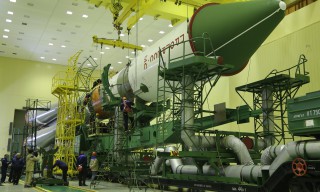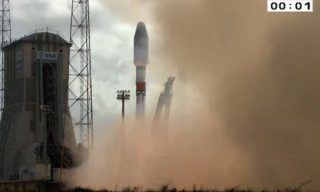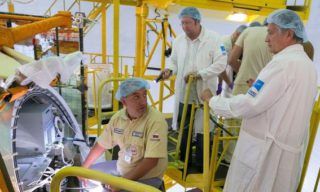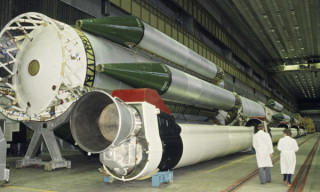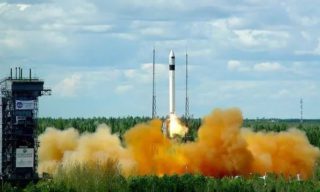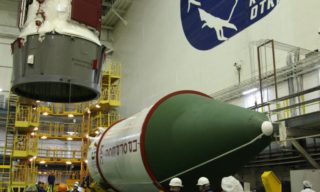A trip to Mars could be a serious test for humans: not only would astronauts have to travel hundreds of millions of kilometres, but they could also pay the ultimate price with their health. In a new study, scientists have found that microgravity and radiation can have a fatal effect on the kidneys and lead to the complete failure of this vital organ.
An international team of researchers, led by University College London (UCL), conducted a series of experiments to understand the impact of spaceflight on astronauts’ kidneys. The study used data collected during more than 40 low-Earth orbit flights involving humans and mice, as well as 11 simulations involving laboratory rats. Seven of these simulations involved rodents exposed to a dose of cosmic radiation equivalent to 1.5 and 2.5 years spent on Mars.
The results showed that both human and animal kidneys “remodel” under the conditions of spaceflight. In this case, the nephrons – structural elements of the organ responsible for maintaining the balance of calcium and salt – shrink after less than a month in space. According to the authors of the paper, the likely cause may be the influence of microgravity rather than radiation. However, more research will be needed to confirm this for sure.
It was previously thought that due to the loss of bone mass in microgravity, calcium accumulates in the urine and so kidney stones are formed. The new study suggests that the cause may be due to a change in the way the kidneys process salts during spaceflight.
However, the main conclusion of the experiment is disappointing for astronauts planning a three-year journey to the Red Planet. During the experiment, mice that were exposed to a 2.5-year dose of Martian radiation showed significant kidney complications and even complete failure of this vital organ.
“Our study suggests that kidneys are essential when planning spaceflight. They cannot be protected from galactic radiation, but as we learn more about this organ, it may be possible to develop technological or pharmaceutical measures to facilitate long space journeys,” notes Stephen Walsh of University College London. According to him, the drugs that will be developed for astronauts will also be of great use on Earth. For example, the drugs will allow the kidneys of patients suffering from oncology to tolerate higher doses of radiation therapy.
According to scientists, unless new ways are developed to protect the kidneys on long-distance space missions, astronauts flying to Mars on the way back will need dialysis – cleansing the blood of accumulated toxins and excess fluid artificially. “The kidneys can show signs of radiation damage at a late stage. By the time these signs become apparent, it is probably too late to prevent a failure in the body that would have a catastrophic effect on the success of the mission,” the study authors concluded.





